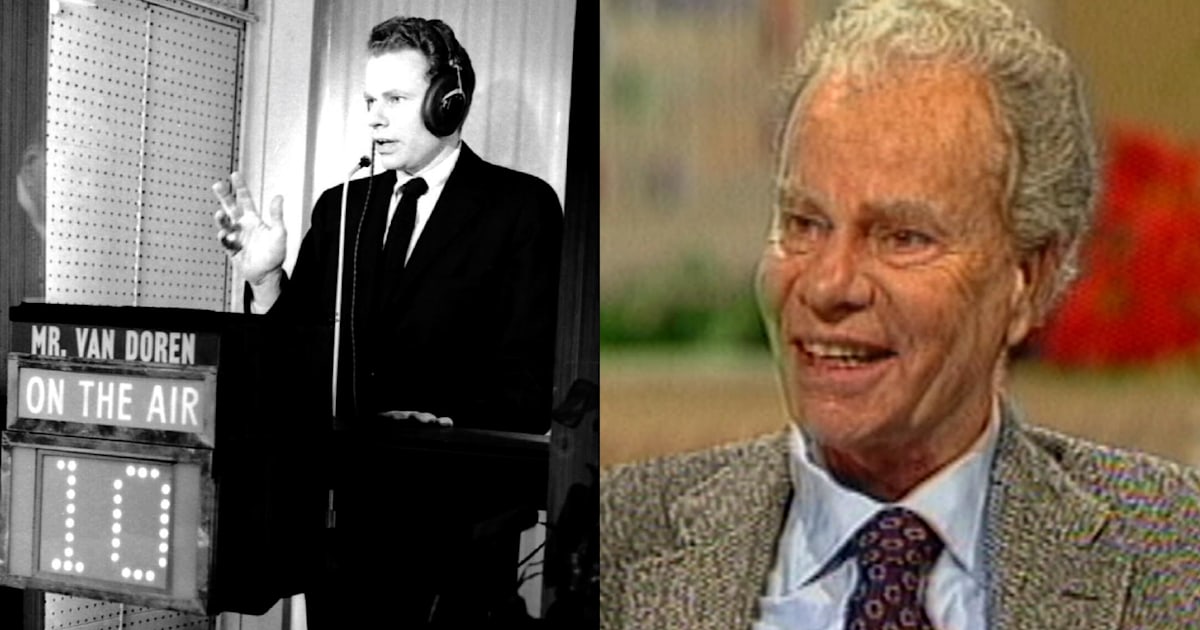

At the time the highest-rated daytime quiz show, Dotto required players to answer questions and then identify a puzzle in which drawings of famous people were gradually revealed. One former contestant, Antoinette DuBarry Hillman, described a typical screening session which the producers of Dotto used to coach contestants. Picked by producers to fail, Brothers beat the system by studying so extensively that she won her prize money legitimately. Contestants included future celebrities like television actress Patty Duke, and popular psychologist Dr. Some contestants amassed winnings of over $100,000, a large sum for the pre-inflationary dollar. The most popular shows were those that featured contestants competing for unlimited cash prizes. The 1957-58 season featured 22 network quiz shows, broadcast live and mainly during prime time.

The quiz shows were a reflection of the new materialism. The prosperity of the 1950s gave rise to the American Dream, as Americans sought to acquire the material goods, homes, and good-paying jobs that were denied to their Depression-era parents. The shows were immediately and wildly popular: in August, 1955, approximately 47 million viewers tuned into watch The $64,000 Question.Īmericans watched these shows because of the big prize money, and their "spontaneous" nature. However, no specific laws existed to regulate television game shows in the wake of the high court's ruling. The $64,000 Question appeared in 1955, after a 1954 Supreme Court ruling paved the way for high-stakes quiz shows by eliminating jackpot-type quizzes from the category of gambling. The most popular of the quiz shows, $64,000 Question, was modeled after its radio predecessor, The $64 Question.

The rigged contests marred an otherwise innocent era in America, prefiguring the large-scale lies that would surround Vietnam and Watergate. Finally, a series of revelations in the press from disgruntled former contestants led to a congressional investigation the next year.

Contestants, enamored with their newfound fame and prize money, were more than willing to go along with the charade. A series of tie games was often fabricated as a way to build suspense and keep viewers tuning in each week. Shows were so scripted that producers told contestants when to wring their hands, or mop their brow. The more charismatic and telegenic contestants were supplied with answers, while others were told to miss questions intentionally. The shows had big money, high ratings, and were subject to the whims of sponsors these aspects combined to corrupt the quiz shows. That year, a series of revelations about the fixing of television quiz shows shook the confidence of viewers. In 1958, while television was still in its infancy, Americans were still innocent about the medium's predilection to sacrifice veracity in favor of entertainment.


 0 kommentar(er)
0 kommentar(er)
